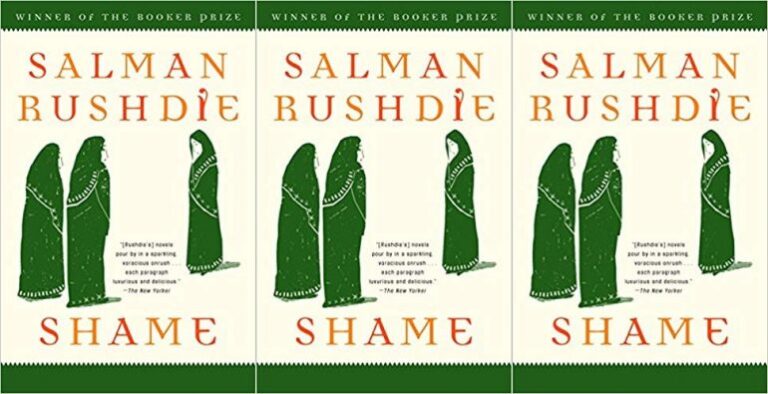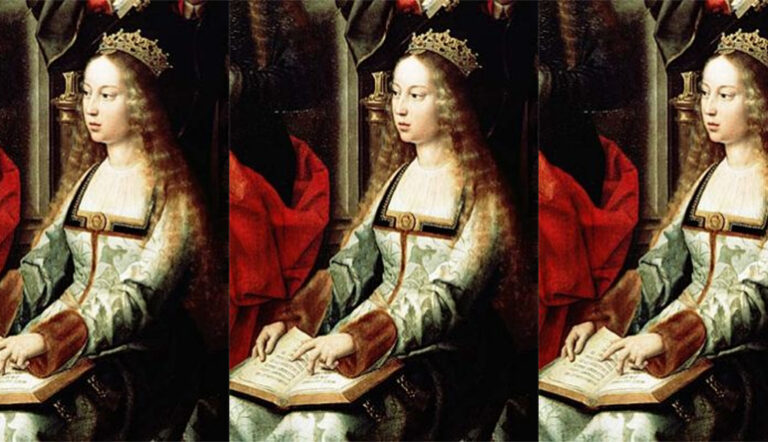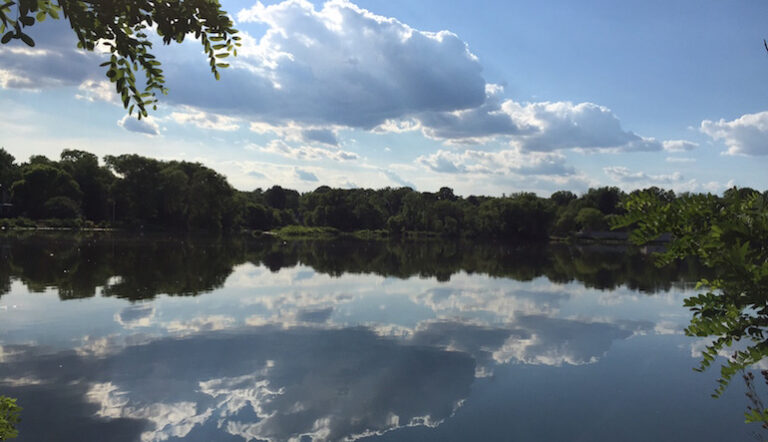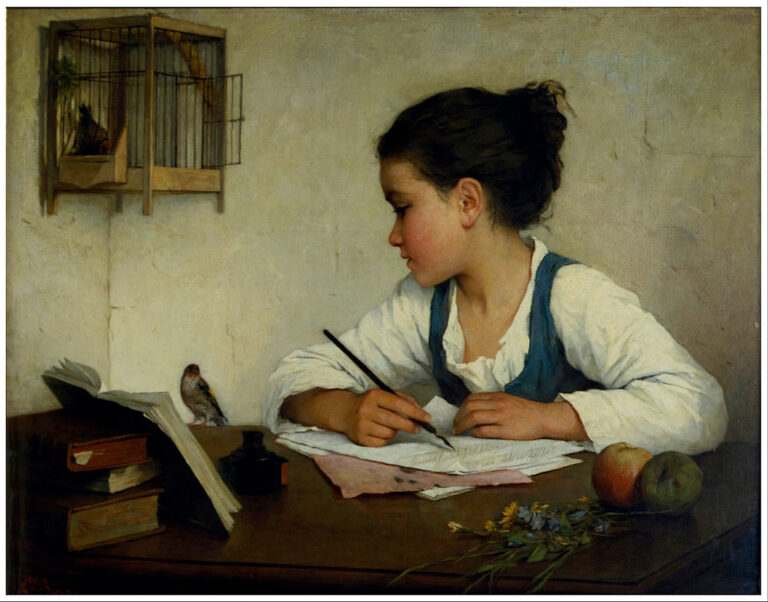Shame, Shamelessness, and Violence
Salman Rushdie’s fantastical 1983 novel explores and illustrates the slippery relationship between shame and violence—when accumulated, the former often leads to the latter.

Salman Rushdie’s fantastical 1983 novel explores and illustrates the slippery relationship between shame and violence—when accumulated, the former often leads to the latter.

In November, after failing to allow a woman to steer our ship of state, watching Netflix’s The Crown seemed punishing. After Hillary Clinton’s close loss, I didn’t know if I could handle watching a woman preside over the United Kingdom. But I capitulated and found myself watching a young Elizabeth II struggle to stand up to…

The writers discussed the many ways in which fiction can respond to fiction. Of particular note was the impetus for using a particular source text—what inspired the response—and the extent to which a retelling can or should stand on its own without an intimate knowledge of the original.

At the tail end of Banned Books Week, when some in the States were questioning whether raising awareness of freedom of speech was necessary anymore, on the other side of the world, in India, many authors were banding together in protest of what they see as the nation’s rising intolerance towards free of speech. Around forty prominent Indian…
As anyone paying even the remotest of attention to the news this past week, we all know this is a sobering time for journalists, satirists, publishing professionals, and supporters of free speech. The brutal murder of staff and police at Charlie Hebdo magazine offices by Muslim extremists, along with violent ricochets all over the greater metropolitan…

Literary luminaries like Salman Rushdie (The Satanic Verses) and Kamila Shamsie (A God in Every Stone) have dominated the South Asian writing landscape, but there are more heavyweights who merit recognition. The following authors offer a glimpse of contemporary English writing emerging in the subcontinent.

I didn’t study creative writing as an undergraduate; it wasn’t an option. When I enrolled in the MFA program at University of Washington, what I craved more than workshop (which I’d experienced a few times in continuing education settings) was the elusive “craft” class: reading analytically not to make an argument about literature (which…
No products in the cart.